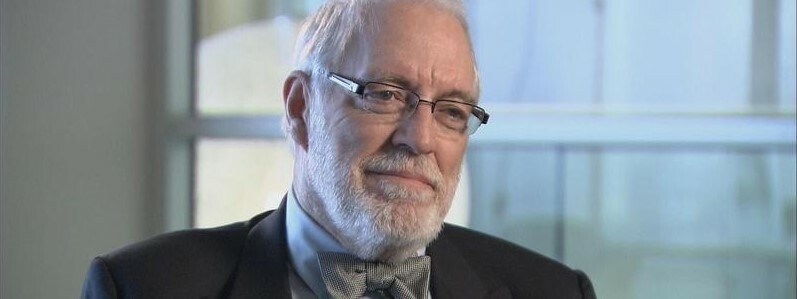Daniel Bromley, a distinguished economist and former Anderson-Bascom Professor of applied economics at the University of Wisconsin–Madison in the United States, has criticized the National Economic Conference for its lack of realism in its discussions.
During his presentation on Wednesday, Bromley addressed both national and international delegates, expressing his concerns that the conversations at the conference were disconnected from the realities faced by people at the grassroots level.
Bromley remarked, “Many of these ideas seem to float above the reality of what is taking place on the ground in South Sudan. Twenty years have produced a profusion of wonderful languages and ideas that we exchange with each other. However, those ideas barely touch the reality in rural South Sudan.”
He added, “I realize that what is missing is a clear understanding of the context in rural South Sudan, which you all claim to care about.”
Bromley argued that the South Sudanese economy’s main challenge lies in the lack of economic activity in rural areas, where households remain isolated. To revitalize the economy, he emphasized the need to encourage men to leave the military and join the labour force. He urged the government to create meaningful employment opportunities for them in rural areas.
“We’re missing a generation of essential labour power in South Sudan. The first step in rebuilding and integrating the economy is to rehabilitate the rural labour force. This will require efforts to entice men to leave the military and provide them with a meaningful life in rural areas,” Bromley stated.
He further emphasized the importance of civilian recreation programs, saying, “We need those boys out of the army and back in the village. Secondly, we must link the villages together to create growth and develop market linkages.”
Bromley acknowledged that many ideas had been generated during the conference but stressed that the urgency to implement them was lacking. He concluded by stating, “The central problem, therefore, is not one of ideas. We have heard many ideas over the past two days; we have too many ideas. What we do not have is urgency. The urgency is missing.”




